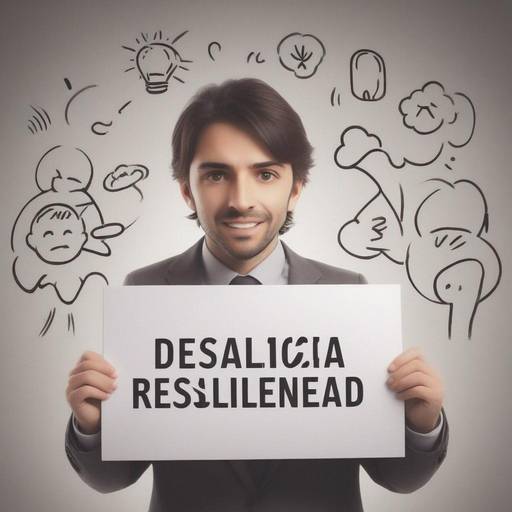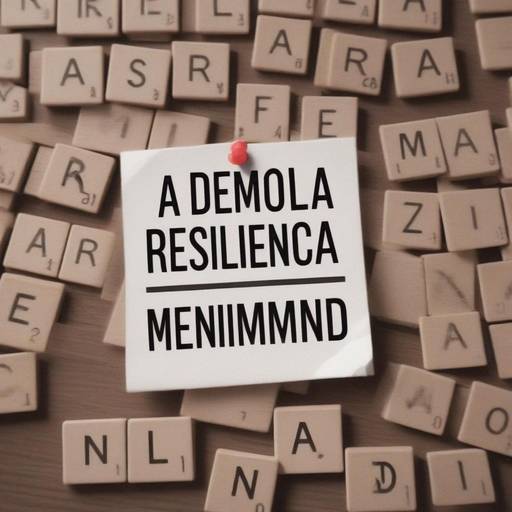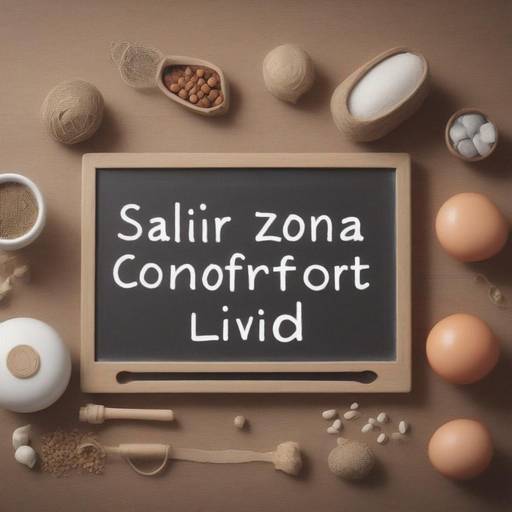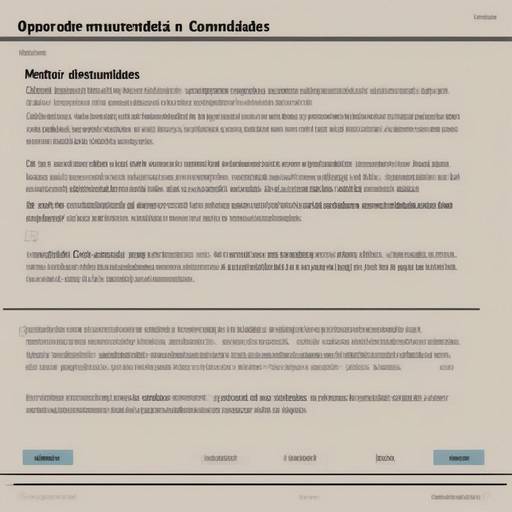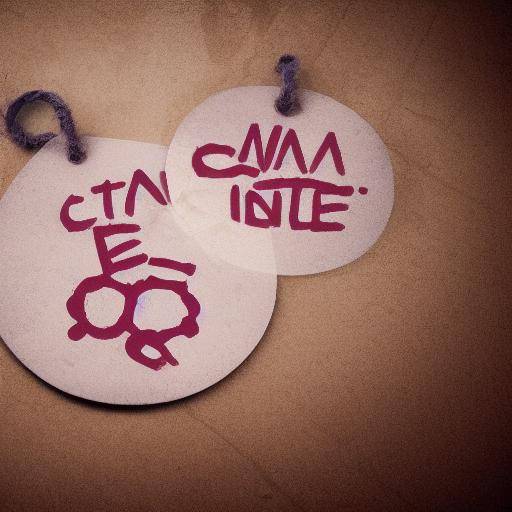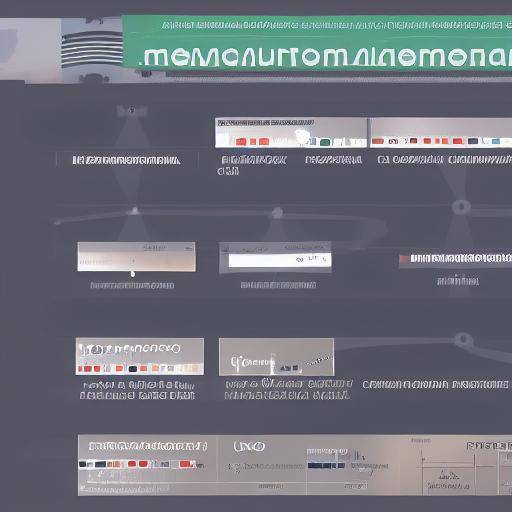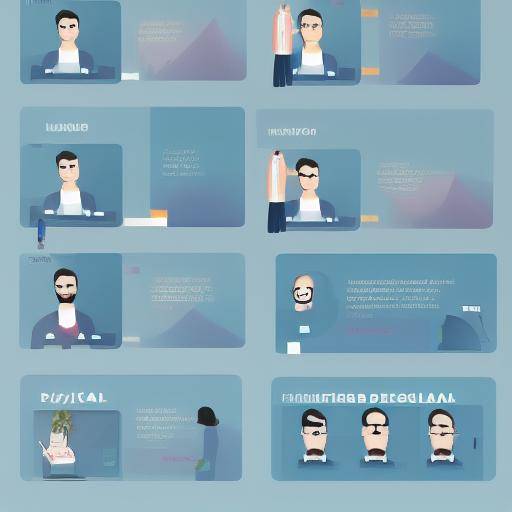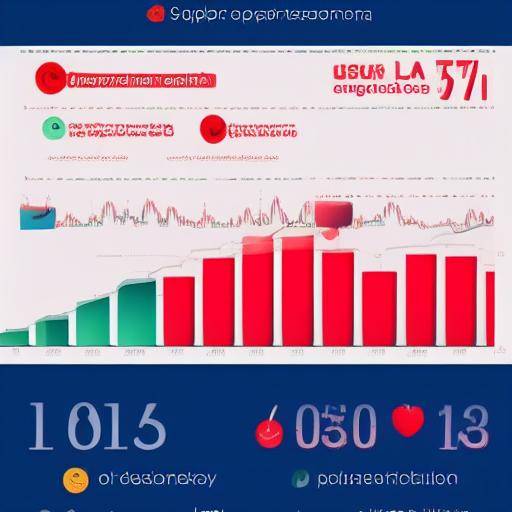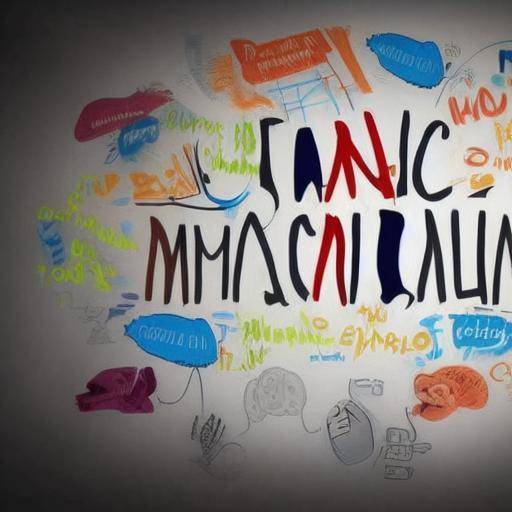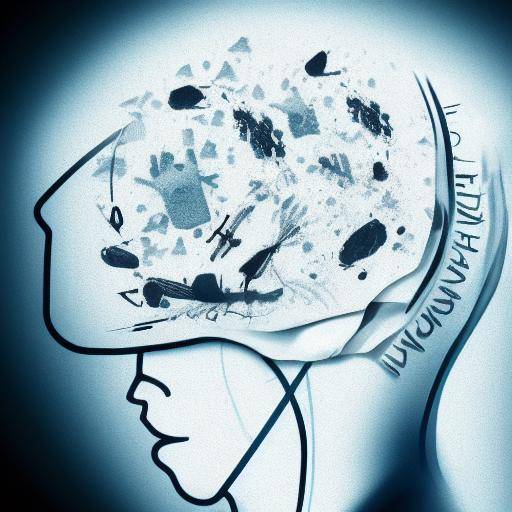
The concept of resilience has gained great relevance today, especially in a world characterized by constant changes, challenges and adversities. The ability to overcome obstacles, adapt and grow from difficult experiences is essential for emotional well-being and personal success. In this article, we will explore how to develop resilience through mental flexibility, providing detailed analysis, practical advice and real examples to foster personal development.
Introduction
In a dynamic and competitive global environment, resilience has become an essential attribute to confront personal and professional challenges. The ability to recover from adverse situations, adapt to unexpected changes and maintain a positive mentality is a valuable resource in the search for integral well-being.
In this sense, mental flexibility is a crucial component of resilience. The ability to adapt our thoughts, attitudes and behaviors to adverse and demanding situations is essential to overcome obstacles and find effective solutions.
In this article, we will explore in detail the concept of resilience, the importance of mental flexibility as its fundamental pillar, and how we can develop these qualities to boost our capacity for personal overcoming.
History and Background
To understand the importance and evolution of resilience and mental flexibility, it is vital to explore its historical origins and relevance in different contexts. From the first psychological studies to current personal development practices, resilience has been the subject of deep analysis and implementation in various disciplines.
The notion of resilience has roots in Psychology, where it was initially addressed from a clinical approach to understand the ability of certain people to recover from trauma and adversity. Over time, the concept has expanded to other fields, including education, leadership, and personal development.
In the field of mental flexibility, its relevance has been consolidated in Cognitive Psychology and in the practice of Mindfulness. The ability to adapt patterns of thought and behavior has proven to be fundamental in the management of stress, decision-making, and the management of unforeseen situations.
Analysis in Deep
Mental resilience and flexibility offer a wide range of benefits for emotional well-being, mental health and performance in different fields. These qualities not only allow us to overcome specific challenges, but also promote a higher level of satisfaction and well-being in general.
The ability to adapt and mental flexibility help reduce the negative impact of stress and anxiety, allowing us to deal more calmly and effectively with adverse situations. They also encourage a proactive and open attitude to change, which facilitates the identification of opportunities in the midst of difficulties.
Benefits of Mental Resilience and Flexibility:
- Stress reduction and anxiety.
- Improved decision-making under pressure.
- Increased capacity to face changes and challenges.
- Promotion of healthy and empathic interpersonal relationships.
- Impulse of creativity and innovation.
The development of resilience and mental flexibility is not without challenges, as it requires constant commitment and an attitude of growth. It is essential to be aware of the obstacles that may arise in this process, as well as of the strategies to overcome them.
Challenges in the Development of Mental Resilience and Flexibility:
- Resistance to change and uncertainty.
- Scepticism or pessimism rooted.
- Difficulty managing intense emotions.
- Lack of social support or personal resources.
- Rigid or limiting thought patterns.
Comprehensive review
The development of resilience and mental flexibility is nourished by various practices, approaches, and tools that contribute to strengthening skills to confront adversity constructively. We will then discuss in detail some of the strategies and practices that foster mental resilience and flexibility, as well as the perspectives of experts in the field of personal development.
Practices and Strategies for the Development of Mental Resilience and Flexibility:
- Mindfulness and full attention as a tool to cultivate awareness of one's own emotional and mental responses in stressful situations.
- Emotional regulation techniques that favor healthy management of intense emotions and adaptation to changes.
- Development of self-efficiency and self-confidence through the definition of attainable goals and the recognition of achievements.
- Cultivation of social support networks and meaningful relationships that provide emotional and emotional support in difficult times.
- Promoting troubleshooting and seeking creative solutions to everyday challenges and adverse situations.
The comparative analysis between resilience and mental flexibility allows us to understand how these two capacities complement and enrich each other. While resilience focuses on the ability to recover and overcome adversity, mental flexibility focuses on dynamic adaptation to current changes and challenges.
Comparison between Resilience and Mental Flexibility:
- Resilience focuses on the ability to recover emotionally and mentally from adversities, while mental flexibility is concentrated on continuous adaptation to changing situations.
- Resilience implies the ability to maintain emotional and psychological stability in the midst of adversity, while mental flexibility encompasses the ability to adjust patterns of thought and behavior according to circumstances.
Both capacities are intertwined to provide a holistic approach to personal development and challenges. Resilience allows us to recover and continue, while mental flexibility enables us to adjust our perspective and coping strategies dynamically.
Practical Tips and Accessible Recommendations
To promote the development of mental resilience and flexibility, it is essential to have practical strategies and actionable recommendations that enable us to integrate these capacities into our daily lives. Below we present a series of tips and actions that can favor the strengthening of these qualities.
Tips for Developing Mental Resilience and Flexibility:
- Cultivate emotional consciousness through Mindfulness practice, meditation, or full attention exercises.
- Develop a proactive approach to challenges, identifying opportunities for growth and learning in difficult times.
- Promote self-compassion and acceptance of one's own limitations, recognizing that personal overcoming is a gradual and continuous process.
- Establish realistic and flexible goals that can be adapted to changing circumstances and effectively address challenges.
- Promote self-care through physical, emotional and mental well-being practices, including regular exercise, stress management and proper rest.
The implementation of these practical councils can contribute significantly to the strengthening of mental resilience and flexibility, creating a positive impact on how we face everyday challenges and adverse situations.
Industry Visions and Expert Reviews
The field of personal development and psychology has generated a broad spectrum of perspectives and opinions of experts in relation to resilience, mental flexibility, and personal overcoming. The analysis of these visions offers a deeper understanding of current trends and approaches in this area.
According to Dr. Daniel Goleman, a psychologist and author recognized for his work on emotional intelligence, mental flexibility is fundamental to the development of self-regulation capacity and the effective management of emotions in stressful situations, which in turn contributes to the strengthening of emotional resilience.
On the other hand, psychologist Angela Duckworth, known for her research on the importance of "grit" or perseverance in achieving long-term goals, highlights the connection between resilience and perseverance, stating that the ability to keep the focus on significant goals despite the challenges is a determining factor in the development of resilience.
These different perspectives allow us to appreciate the wealth and complexity of the topic, as well as the diversity of approaches that exist in the field of personal development and the overcoming of challenges.
Case Studies and Practical Applications
The analysis of real case studies and practical applications of mental resilience and flexibility provides concrete examples of how these qualities can influence the personal, labor, and emotional development of people.
For example, the history of overcoming Nelson Mandela, who demonstrated a remarkable mental resilience and flexibility during his incarceration and subsequent leadership in the fight against apartheid, offers an iconic example of how the development of these capacities can influence historical events and social transformation.
In addition, in the business sphere, the ability to adapt to changing environments and resilience to failures and adversities are determining factors in the success of entrepreneurs and business leaders, as illustrated by numerous cases of entrepreneurs who faced significant setbacks and managed to overcome themselves to achieve success.
These cases represent only a sample of how resilience and mental flexibility can directly affect performance and personal overcoming in various contexts.
Future Trends and Predictions
As the interest in personal development and resilience continues to increase, future trends and predictions that will mark the course of this field in the coming years are visible. The integration of mental resilience and flexibility in different spheres of life, as well as the focus on preventive and proactive strategies, aim at greater attention in strengthening these capacities.
In addition, innovation in technology and dissemination of digital tools for personal development and emotional management offer a fertile field for the application of evidence-based practices and research in the area of resilience and mental flexibility.
Conclusion
In conclusion, the development of resilience through mental flexibility is a dynamic and integral process that requires commitment, practice, and an open attitude to change. The ability to overcome challenges, adapt to changing circumstances, and maintain a growing mentality is a fundamental resource for emotional well-being and personal success.
Through the detailed analysis of history, benefits, challenges, practical applications, and future trends related to resilience and mental flexibility, we can appreciate the complexity and wealth of these capacities and their transformative potential in people's lives.
FAQs
1. What is the difference between resilience and mental flexibility?
- Resilience focuses on the ability to recover from adversity, while mental flexibility implies the ability to dynamically adapt to changing situations.
2. How can I cultivate mental flexibility in my daily life?
- The practice of Mindfulness, the development of self-compassion, emotional regulation and stress management are key strategies to foster mental flexibility.
3. What is the importance of resilience in the working environment?
- Resilience is crucial in the working environment, as it facilitates the ability to face challenges, maintain productivity, and promote healthy interpersonal relationships.
**4. How does mental resilience and flexibility contribute to emotional well-being and mental health?
- Both resilience and mental flexibility help reduce the impact of stress, encourage effective decision-making, promote healthy relationships and stimulate creativity.
5. What is the importance of resilience in childhood and education?
- Resilience in childhood and education allows children to develop skills to face challenges, manage emotions and build positive relationships, promoting healthy emotional growth.
6. How does mental resilience and flexibility influence decision-making?
- Both capacities influence decision-making by promoting proactive attitude, emotional management and ability to adapt to changing circumstances, improving decision-making under pressure.
In short, the development of resilience through mental flexibility is a multifaceted process that influences various aspects of personal and professional life. By adopting practical strategies, cultivating a culture of growth and seeking support in relevant experts and resources, it is possible to strengthen these qualities and foster greater emotional well-being and the ability to overcome personalities in each individual.






